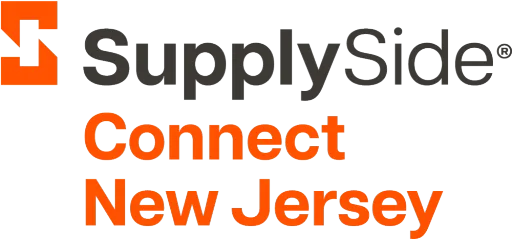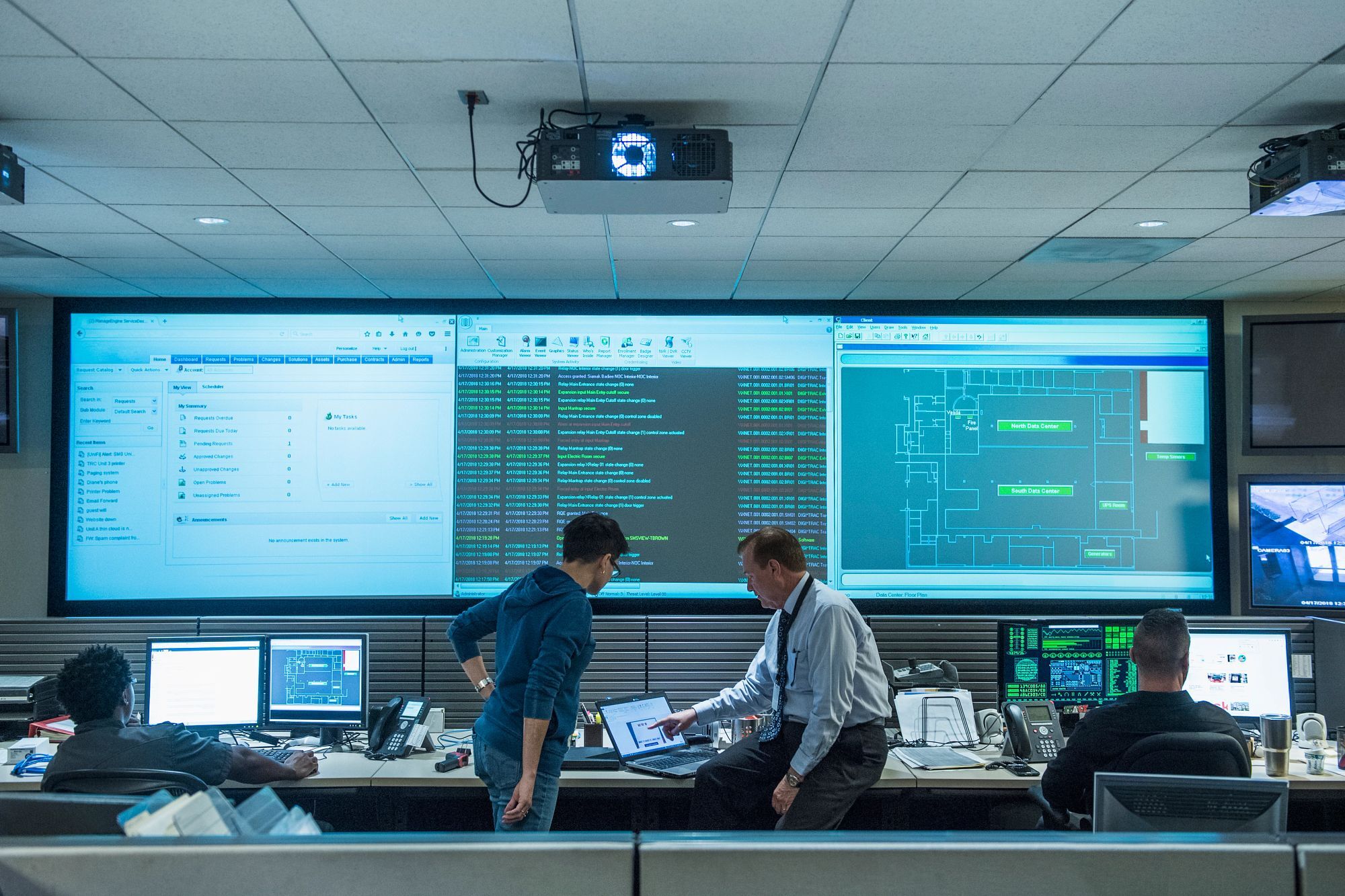The Powerful Role of Outsourcing in Regulatory Compliance Excellence

Clinical and technical documentation in particular demands accuracy, regulatory alignment, and adaptability, reflecting changes across every stage of the product lifecycle.
These documents must meet rigorous standards set by authorities such as the FDA, EMA, and other international bodies. They must cover critical elements like clinical study reports (CSRs), clinical evaluation reports (CERs), risk management files, and manufacturing documentation.
Technical documentation is the backbone of compliance, encompassing design history, risk management, labeling, and manufacturing specifications. As regulations become more exacting, technical documentation must not only capture product details but also demonstrate conformity with safety and performance standards, especially when products are distributed globally.
The challenge for companies lies in keeping this clinical documentation current while adapting it to regulatory updates. Each stage of a product's journey—from clinical trials to post- market data collection—demands specialized expertise, thorough data analysis, and compliance with both global and region-specific standards.
Managing these functions in-house can quickly become resource-intensive, especially as regulatory standards evolve. Many companies find that outsourcing key documentation functions enables them to maintain compliance while focusing on core innovation and growth. Using such a proactive approach offers manufacturers the ability to maintain transparency and build a solid foundation for safety and regulatory trust over time.
With increasingly complex demands of clinical and technical documentation, it’s paramount that medical and pharmaceutical manufacturers are selective in their choices for outsourced compliance support.
What are the strategic benefits of outsourcing clinical and technical documentation?
Outsourcing documentation functions has shifted from a mere cost-cutting measure to a key strategic decision. With the right partner, companies can access specialized knowledge, flexible resources, and greater efficiency in compliance management.
Access to specialized regulatory expertise for lifecycle documentation
Outsourcing provides a team of regulatory specialists with extensive knowledge of both regional and international requirements. From the FDA’s evolving requirements in clinical evidence to the new EU MDR guidelines, staying current with updates in the regulatory landscape is of utmost importance.
For companies dealing with clinical documentation, this expertise is particularly valuable. As regulatory scrutiny becomes more intensive, having access to those who understand the nuances of documentation as it relates to the lifecycle management of devices, helps manufacturers ensure that they address issues from a proactive risk perspective, adapting to post-market findings, adverse event data, and evolving safety profiles.
Scalability to meet variable documentation demands
As documentation needs are in constant flux, the scalability of resources is invaluable for small and mid-sized companies that may lack an extensive regulatory team and for larger companies that face peak documentation periods or need specialized support on short notice.
By outsourcing, these types of companies can manage these tasks without requiring a large in-house team and gain the ability to bridge resource gaps more efficiently.
Cost-efficiency paired with quality assurance
Another benefit to outsourcing is the ability to manage costs as employing additional resources with specialized skills can be prohibitive to the organization’s operating budget. Minimizing overhead by leveraging external assistance can eliminate both the cost and time it takes to train full-time employees.
Experienced documentation providers bring quality assurance systems, secure document management platforms, and proven workflows. A streamlined review and approval process also helps reduce multiple revisions and reduces the risk of errors that can cause delays, or even rejections, of products to market.
The flexibility of outsourcing allows companies to pivot quickly with the introduction of new or changing requirements, ensuring timely adjustments in documentation, especially during critical periods.
What factors should you consider when choosing a competent outsourced organization?
Strong commitment to data security and confidentiality
Data protection is essential in regulatory documentation, where proprietary product information is at stake, so partners with stringent security protocols, including secure communication channels, data encryption, and compliance with standards like GDPR, should be prioritized.
Additionally, partners who have robust internal policies around data handling, secure backup solutions, and dedicated cybersecurity teams to address any potential risks reinforce the integrity and confidentiality of outsourced processes.
Outsourcing documentation comes with inherent challenges, such as ensuring consistent quality and balancing regulatory standardization with product customization.
Manufacturers need to establish quality benchmarks and maintain effective oversight to ensure compliance, such as conducting regular audits, fostering clear feedback channels, and providing transparent reporting. Many providers offer dedicated project managers who serve as primary points of contact and monitor these processes at each stage.
Strict adherence to regulatory formats while reflecting unique product characteristics is a delicate balance for compliance with product-specific customization. A well-coordinated approach ensures that each document reflects the precise product specifications and market requirements, allowing for accurate regulatory submissions that highlight the product’s unique safety and performance profiles.
Experienced documentation providers bring quality assurance systems, secure document management platforms, and proven workflows. A streamlined review and approval process also helps reduce multiple revisions and reduces the risk of errors that can cause delays, or even rejections, of products to market.
Proven global regulatory expertise
For manufacturers desiring international market access, a partner’s understanding of global regulatory standards is essential. Ideally, those having demonstrated success with ensuring that documentation aligns with each jurisdiction’s requirements.
With access to specialized expertise, scalable resources, and robust quality assurance, companies can enhance their regulatory capabilities while focusing on product development in increasingly dynamic industries, bringing safe and effective products to market more efficiently.
Integration with existing processes and customization options
A one-size-fits-all approach rarely meets the needs of diverse products and markets. Companies that offer tailored support, and customizing documentation to fit each company’s workflows and compliance efforts will ensure focus and avoid disruptions to internal processes.
Advanced technology for document collaboration
Efficient document management is now critical for regulatory transparency and collaboration. Leading outsourcing providers offer secure platforms with version control, encryption, and real-time collaboration features, enhancing the documentation process while safeguarding sensitive data. These platforms streamline oversight, enabling in-house teams to track progress and maintain compliance across multiple projects. This technology- backed support also adds an extra layer of efficiency, reducing back-and-forth and promoting timely regulatory submissions.
Outsourcing regulatory documentation offers medical device and pharmaceutical companies a strategic solution for navigating today's demanding compliance landscape.
With access to specialized expertise, scalable resources, and robust quality assurance, companies can enhance their regulatory capabilities while focusing on product development in increasingly dynamic industries, bringing safe and effective products to market more efficiently.
Emerging trends in regulatory documentation outsourcing
The landscape of regulatory documentation is evolving rapidly, with emerging technologies playing a pivotal role in shaping how companies manage their compliance needs. Artificial intelligence (AI) and machine learning (ML) are becoming integral to automating tasks such as document preparation, formatting, and error detection. These technologies not only reduce manual workloads but also enhance accuracy, ensuring that documents meet complex regulatory standards.
Adoption of cloud-based platforms
These platforms streamline collaboration between companies and outsourcing partners and enable real-time editing, version control, and secure data sharing, which are critical for global teams working on regulatory submissions. Additionally, advanced analytics tools now allow companies to predict potential compliance risks and proactively address them during the documentation process.
Outsourcing providers are also beginning to offer modular services, allowing companies to outsource specific components, such as clinical evaluation reports or risk management files, rather than entire documentation processes. This flexible approach caters to the unique needs of organizations, especially those operating in dynamic or niche markets.
Integration with other processes
Outsourcing regulatory documentation is most effective when it seamlessly integrates with a company’s broader operational and compliance systems. For example, technical documentation must align with design and development processes, ensuring that all product specifications and risk management activities are accurately reflected in submissions.
Similarly, clinical documentation needs to interface with post- market surveillance systems to capture real-world data and ongoing safety evaluations. By integrating outsourced documentation workflows with existing quality management systems (QMS), companies can create a unified compliance ecosystem. This ensures that all regulatory activities, from initial submissions to post-market updates, are interconnected and transparent.
Another critical aspect is collaboration with research and development (R&D) teams. Documentation should reflect innovation accurately while adhering to regulatory requirements. For instance, early-stage design decisions can have implications for later compliance, making it essential for outsourced documentation providers to collaborate closely with internal teams to align strategies.
This level of integration not only reduces redundancy but also enhances organizational efficiency. It allows companies to leverage outsourcing as a tool for driving compliance while maintaining harmony across all departments.
How NSF can help
By outsourcing key regulatory, clinical, and quality functions to our team, you can reduce operational costs, improve efficiency, and ensure that your products meet global regulatory standards. Whether you need full-service outsourcing or targeted support for specific functions, our expertise ensures that your company remains compliant and competitive in the global medical device market.
NSF’s world-class experts provide comprehensive services and solutions to effectively navigate the complex global regulatory landscape. Offering Consulting, Training, Auditing and Technical support across the total product lifecycle. Our medical device, IVD, and combination product experts can help you bring new and innovative products to market.
Learn more about our outsourcing and regulatory compliance services

Technical Documentation and Regulatory Compliance Services

Outsourcing Services
Streamline your compliance processes
Speak to NSF today.
What’s New with NSF

GMP and Regulatory Compliance Virtual SupplySide Connect New Jersey Training
January 30, 2025
NSF Granted Reauthorization as a CMMC Third-Party Assessment Organization
January 8, 2025
Sustainable Foods Summit 2025
January 2, 2025